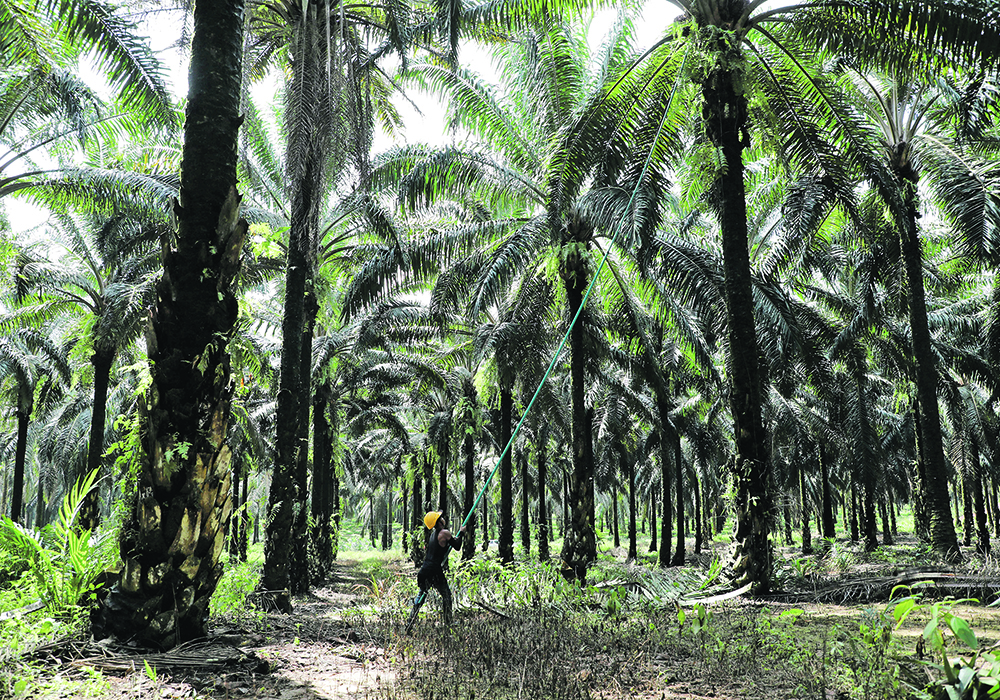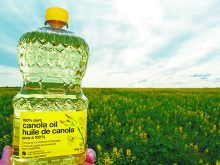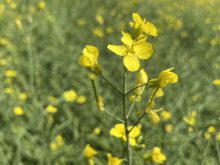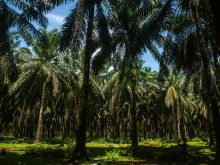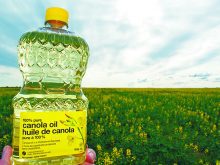Trader says 27 per cent of Malaysia's palm trees are 20 years or older, while harvesting the taller trees proves difficult
SASKATOON — Malaysia’s palm oil industry has a problem, according to a trader of the commodity.
Gaurav Kochar, a trader from India, said the age profile of the country’s trees is a “pressing concern” with 3.7 million acres of plantations that are 20 years or older, which is 27 per cent of total planted area.
Related stories:
“Urgent action is needed to address the impending decline in productivity,” he said in an email.
Read Also

Short rapeseed crop may put China in a bind
Industry thinks China’s rapeseed crop is way smaller than the official government estimate. The country’s canola imports will also be down, so there will be a lot of unmet demand.
“Furthermore, the lack of mechanization solutions for harvesting from tall palms exacerbates yield loss, making replanting not just beneficial but essential.”
Malaysian palm oil competes with canola oil in world vegetable oil markets, so declining production in that country could have ramifications for Canada’s canola growers.
In 2023, Malaysian farmers only replanted 324,000 of the estimated 1.54 million acres of trees that are 25 years or older.
Kochar said that is alarming because projections indicate that by 2027, around five million acres, or 35 per cent of Malaysia’s palm area, will consist of trees classified as “matured-old,” which will severely impact yields and cause operational difficulties.
“The urgency of this situation cannot be overstated,” he said.
“Without timely replanting, the sector risks facing substantial declines in output, impacting not only growers but also the entire supply chain.”
The country’s growers want government tax incentives to help fund a national oil palm replanting program.
“Significantly expanded incentives are essential to sustain the industry’s viability,” Kochar said.
It would take an estimated US$3 billion for a comprehensive national replanting initiative targeting trees older than 25 years old.
The industry did not get the incentives it was seeking in the 2024 federal budget, so it is asking for them again in the 2025 budget.
Growers are postponing replanting to maximize revenues because crude palm oil prices are high right now.
“Delays in replanting could lead to a cascading effect, significantly reducing tax revenues and ultimately affecting the livelihoods of smallholders and the intertwined supply chain dependent on this industry,” said Kochar.
The U.S. Department of Agriculture’s Foreign Agricultural Service (FAS) is forecasting 19.2 million tonnes of Malaysian palm oil production in 2024-25, two per cent lower than last year.
The decrease is due to the lasting effects of El Nino, which resulted in a lack of rain and above-average temperatures in early 2024.
There is usually a six-to-seven-month time lag between weather occurrences and effects on palm oil production, so the decrease will be felt in late 2024 and the beginning of 2025.
The decline is also due to a foreign worker freeze enacted by the Malaysian government on June 1.
The government was forced to implement the freeze because the country is nearing its foreign labour cap, which is set at a maximum of 15 per cent of the labour force.
Approximately 95 per cent of the country’s palm oil labour force is foreign workers.
The FAS is forecasting 15.7 million tonnes of Malaysian palm oil exports in 2024-25, 500,000 tonnes below the previous year.
That is due in part to India increasing its import taxes for crude edible oils to 27.5 per cent on Sept. 13, up from 5.5 percent previously.
India has historically been the largest importer of Malaysian palm oil, accounting for about 20 per cent of the country’s exports in each of the last two years.
Malaysia is also expected to lose market share around the world to Indonesia because that country’s export levies on palm oil have been reduced to three to 7.5 per cent compared to Malaysia’s eight percent tax.
Reuters reports that Malaysia is also working on initiatives to ensure that 450,000 small-scale farmers, who contribute 27 per cent of the country’s annual palm oil production, can comply with the European Union’s new Regulation on Deforestation-free Products, which is due to be implemented Dec. 30.
Contact sean.pratt@producer.com


